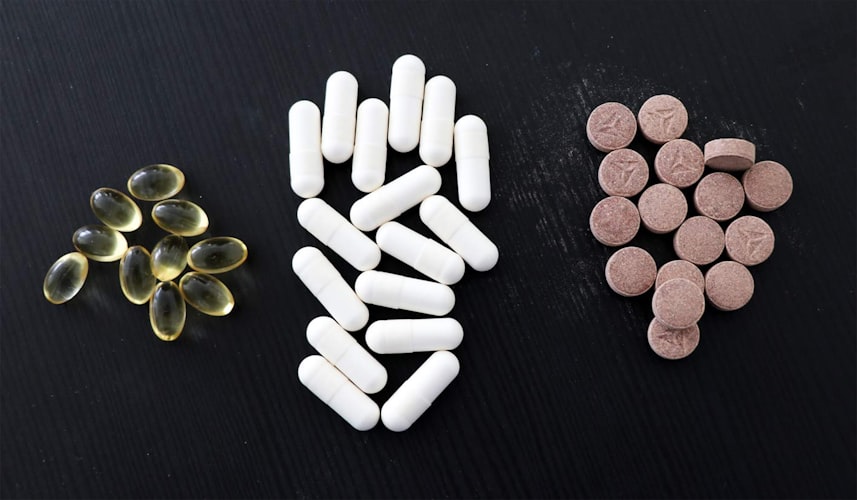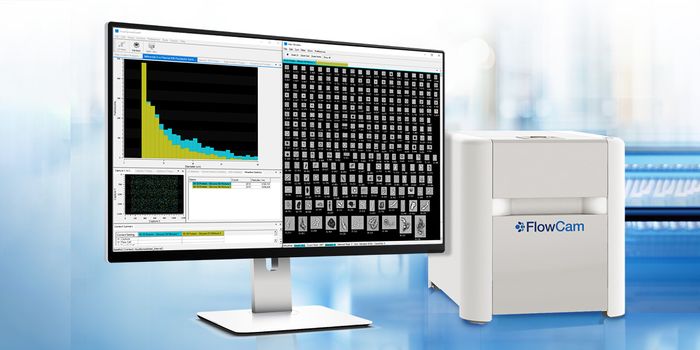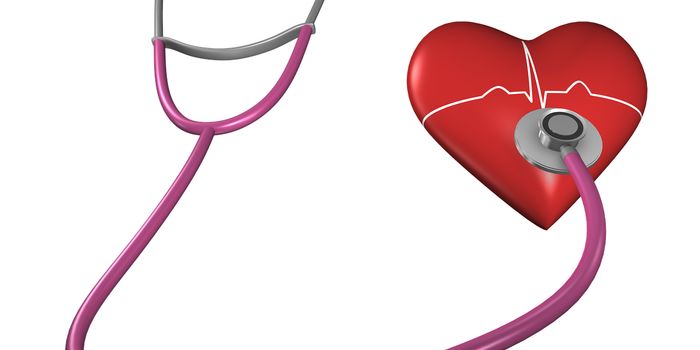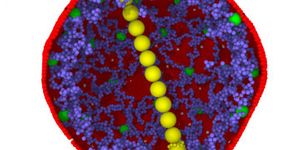Comparison of Three Frontline Breast Cancer Drugs
Breast cancer affects 250,000 women in the U.S. annually. Those with most common form test positive for hormone receptors (HR+) and negative for the HER2 receptor and can respond well to treatment when diagnosed early. However, women in advanced stages have had few treatment options until the development of CDK4/6 inhibitors.
These drugs were effective in blocking tumor growth and boosting survival rates that the U.S. Food and Drug Administration had fast-tracked their approval. While this class of drugs has the same biological targets, recent research suggests critical differences.
Now, a study published in Cell Chemical Biology, carried out the first comparison of the three currently approved CDK4/6 inhibitors: abemaciclib, palbociclib, and ribociclib.
“Our findings are an important reminder that just because drugs are marketed to have the same nominal targets, it doesn’t mean they are necessarily equally effective in all situations,” says Termeer Fellow Caitlin Mills. “The most common form of breast cancer is hormone receptor-positive, and for CDK4/6 inhibitors, there is the potential to make an enormous difference for a very large number of women by understanding how these drugs could be optimally used.”
The FDA approved palbociclib in 2015, the drug showed promising results in targeting two culprit proteins CDK4 and CDK6. The specificity led to significant improvements in halting disease progression and extending survival. Shortly after, the two other similar drugs--abemaciclib and ribociclib, were approved for patients in advanced stages of HR+/HER2- breast cancer. However, the drugs differed in their chemical structures and patients reported different side effects in patients. The question remained unclear if they were functionally different.
Phases of the moon are used to convey a progressively better understanding of the target spectrum of CDK4/6 inhibitors. Illustration by Lily A. Chylek. Credit: Harvard University
“Despite the sophistication of industrial drug discovery, the activities of many drugs are not fully understood at the time of their approval by the FDA,” said senior study author Peter Sorger, the HMS Otto Krayer Professor of Systems Pharmacology in the HMS Department of Systems Biology and director of the Laboratory of Systems Pharmacology. “In this case, it appears that the drug abemaciclib may unexpectedly work in patients who are not responsive to other drugs in the class.”
In the study, researchers examined the molecular activity of each of the CDK4/6 inhibitors across a variable doses and dosage timings. The profiled the effects of these drugs on cellular growth rate, viability, gene expression and protein activity, and other indicators.
“Characterizing the exact target inhibition profile and the biological effects of these therapeutic agents is essential, because in some instances these differences may explain why one works and why another doesn’t,” said study co-senior author Dejan Juric, director of the Termeer Center. “Thorough and carefully designed studies are the only way to understand how best to sequence or combine these transformative drugs, and to identify which will be most beneficial for any individual patient.”
Source: Harvard Medical School










